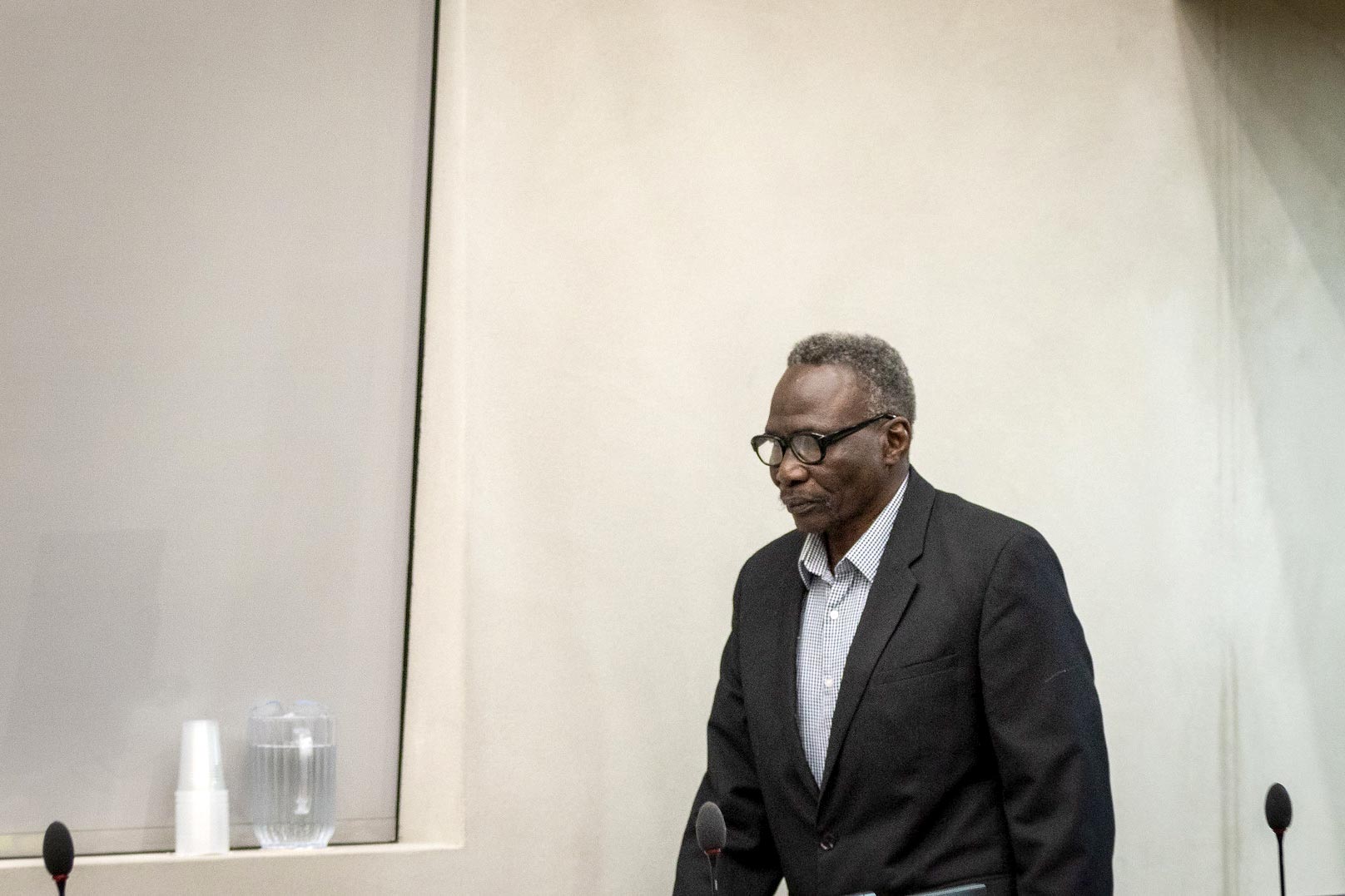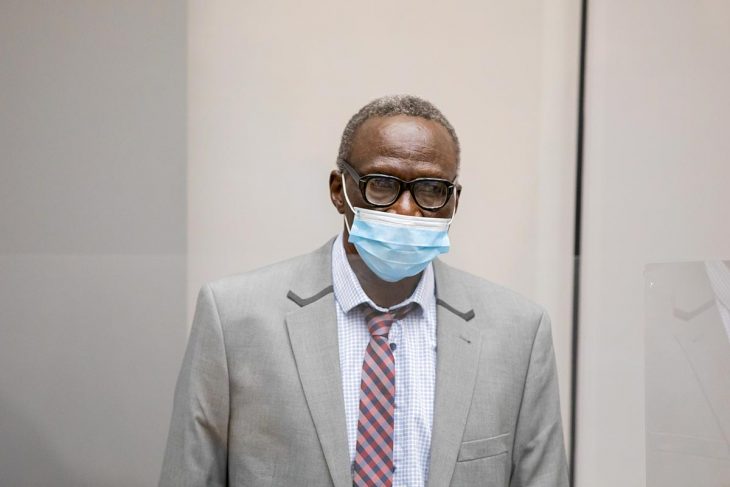ICC Confirms Ongoing War Crimes in Sudan's Darfur

The International Criminal Court (ICC) has declared it possesses "reasonable grounds to believe" that war crimes and crimes against humanity are being committed in Darfur, Sudan. This announcement, made by ICC Deputy Prosecutor Nazhat Shameem Khan to the UN Security Council on July 10, 2025, underscores the deteriorating humanitarian situation and escalating violence in the region.
Escalating Violence and Humanitarian Crisis in Darfur

The ICC's assessment highlights a deeply concerning reality: widespread atrocities, including the systematic use of rape and sexual violence as weapons of war, are ongoing. These attacks disproportionately target women and girls from specific ethnic communities. The situation is further aggravated by targeted attacks on civilian infrastructure, humanitarian convoys, and hospitals, coupled with the deliberate withholding of food and water, leading to a catastrophic famine.
Extensive Evidence Collection by the ICC

The ICC's Darfur Unified Team has been actively documenting these atrocities, conducting field missions to refugee camps in Chad and collecting over 7,000 pieces of evidence. This substantial body of evidence strengthens the ICC's determination that war crimes are being systematically perpetrated.
Worsening Humanitarian Conditions and Cholera Outbreak

The UN has issued dire warnings about the worsening humanitarian crisis in Sudan, particularly in Darfur. The situation in El Fasher, North Darfur, is particularly dire, with nearly 40% of children under five suffering from acute malnutrition. A cholera outbreak, fueled by the breakdown of water and sanitation services, is spreading rapidly across conflict zones, including Darfur, and spilling over into neighboring Chad and South Sudan.
Historical Context of Conflict in Darfur

The current conflict, which erupted in April 2023 between the Sudanese Armed Forces (SAF) and the paramilitary Rapid Support Forces (RSF), has drastically intensified the violence in Darfur. This region has a long history of conflict, with previous allegations of genocide and war crimes committed by the Janjaweed militias against non-Arab ethnic groups. The current conflict tragically mirrors those patterns.
Key Events and Timeline of Atrocities

The UN Security Council referred the situation in Darfur to the ICC in March 2005, granting it jurisdiction over crimes committed since July 1, 2002. ICC investigations officially opened in June 2005. Large-scale attacks on the Zamzam IDP camp in North Darfur, between April and May 2025, reportedly displaced over 400,000 people. A significant milestone for accountability is expected in the second half of 2025, with the verdict in the trial of Ali Kushayb, a former Janjaweed militia leader.
International Actors and Their Roles

The conflict involves various international actors. Some countries, such as Egypt and Saudi Arabia, reportedly support the SAF, while others, including the UAE and Russia, are believed to support the RSF. This complex web of international involvement further complicates efforts to achieve a peaceful resolution and hold perpetrators accountable.
The Role of the International Community

The international community, particularly states that are parties to the Rome Statute of the ICC (including Denmark, France, Greece, Guyana, Panama, the Republic of Korea, Sierra Leone, Slovenia, and the United Kingdom), has expressed strong support for the ICC's investigation and urged accountability for the atrocities committed in Darfur. However, the ICC faces significant challenges, including limited resources, obstruction, and a lack of cooperation from some states.
Challenges Faced by the ICC

Despite ICC warrants for prominent figures like former President Omar Hassan Ahmad al-Bashir and former Interior Minister Ahmad Harun, these individuals remain at large, highlighting the significant challenges in enforcing international justice. The ICC also faces operational hurdles, including hostility towards investigators, critical underfunding, and limited cooperation from some states, impeding its ability to deliver justice.
The Urgent Need for Action

The UN and ICC officials warn that the situation in Darfur could deteriorate further. They emphasize the urgent need for a cessation of hostilities and unhindered humanitarian access to alleviate the suffering of civilians. The ongoing impunity for those responsible for the atrocities only exacerbates the crisis, demanding immediate and decisive action from the international community.
Statements from Key Figures and Organizations
The ICC Deputy Prosecutor's statement on July 10, 2025, along with reports from UN News and the UN Office for the Coordination of Humanitarian Affairs (OCHA), paint a grim picture of the situation in Darfur. These reports detail the widespread suffering, the systematic nature of the violence, and the urgent need for humanitarian intervention and accountability for those responsible for the ongoing war crimes and crimes against humanity.